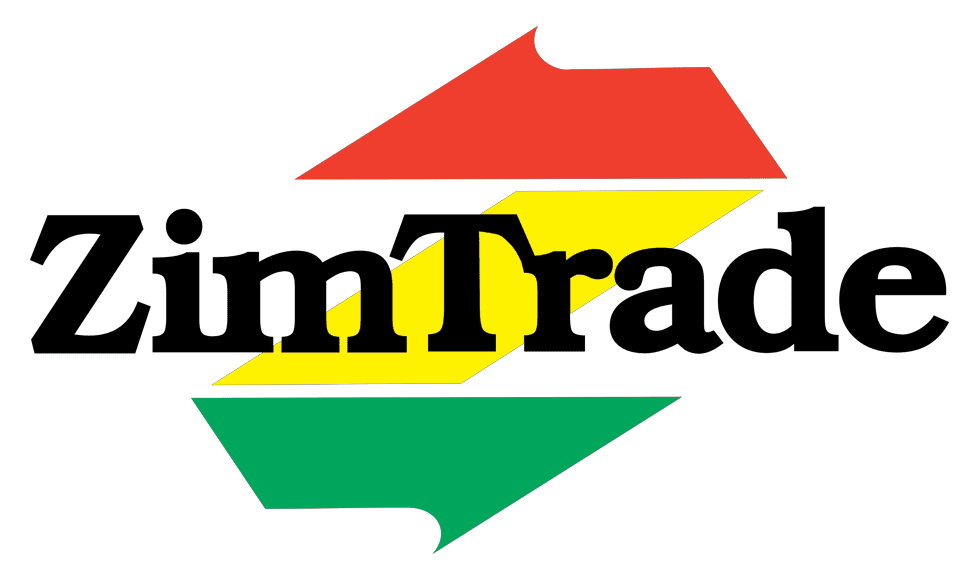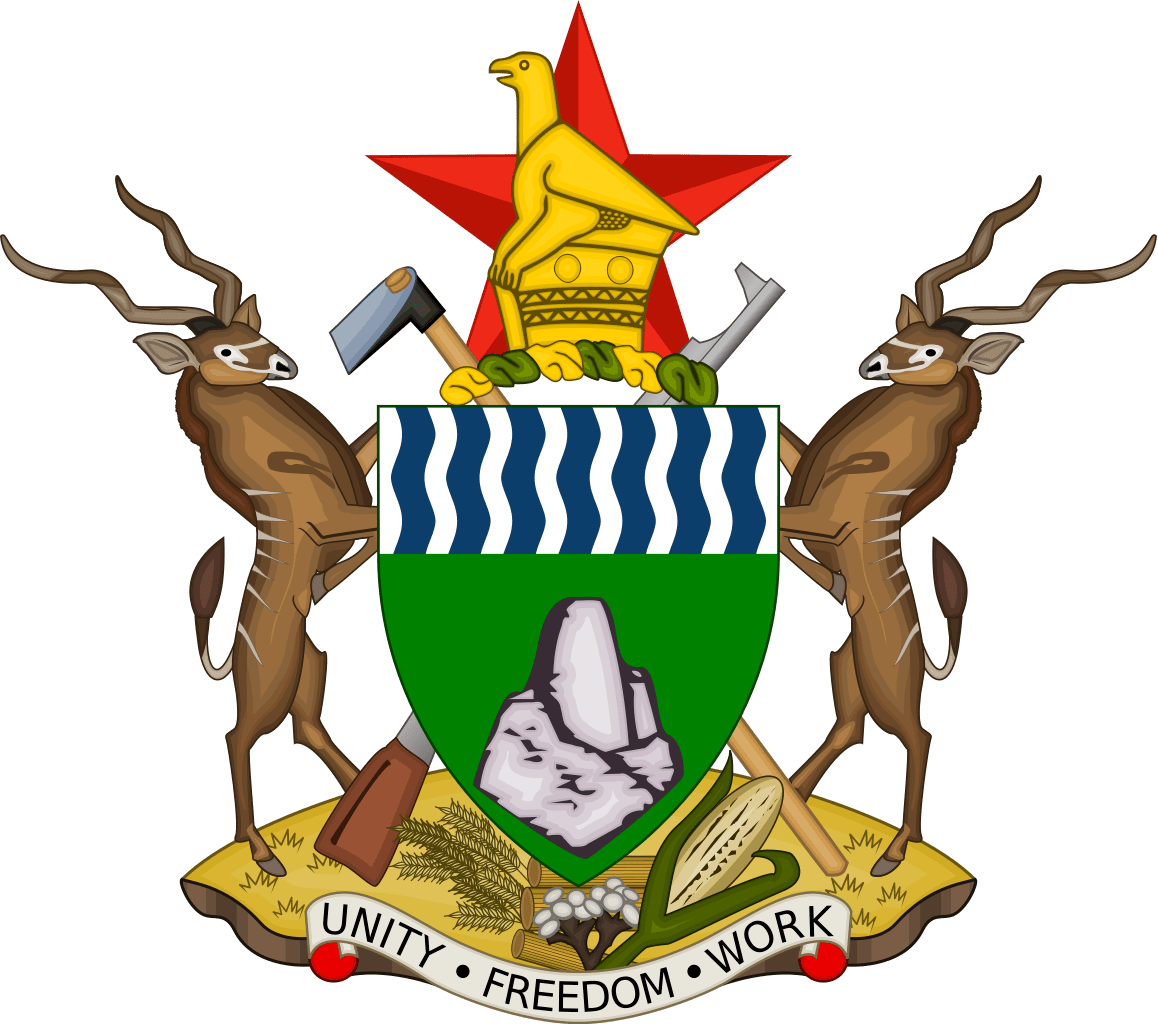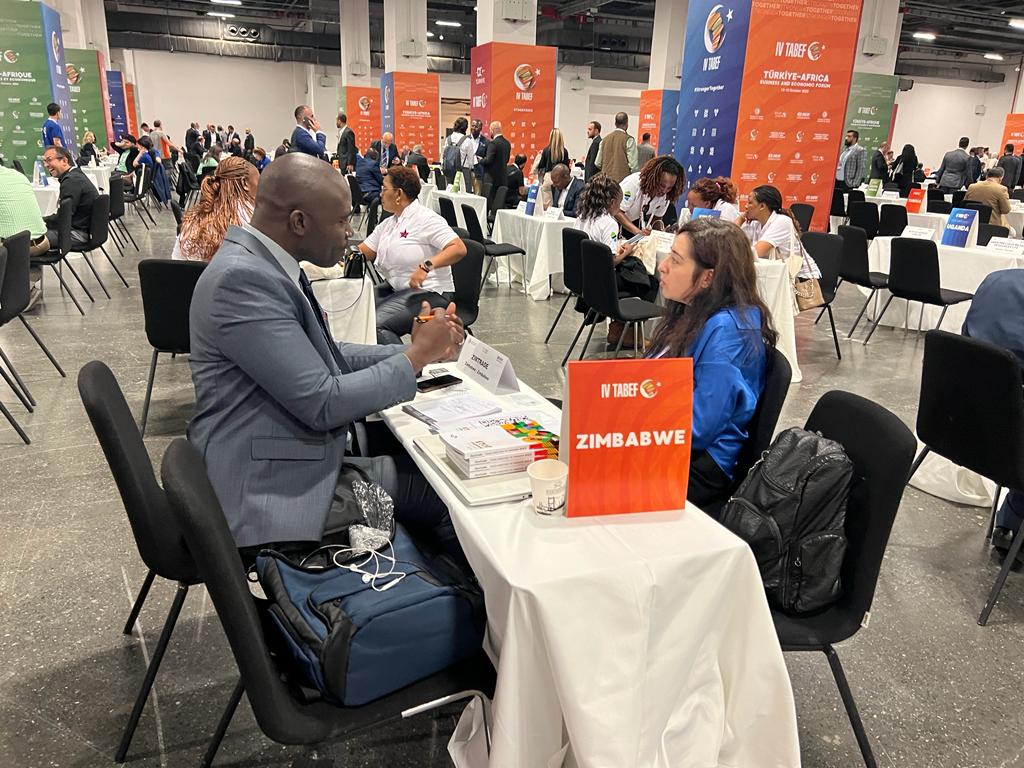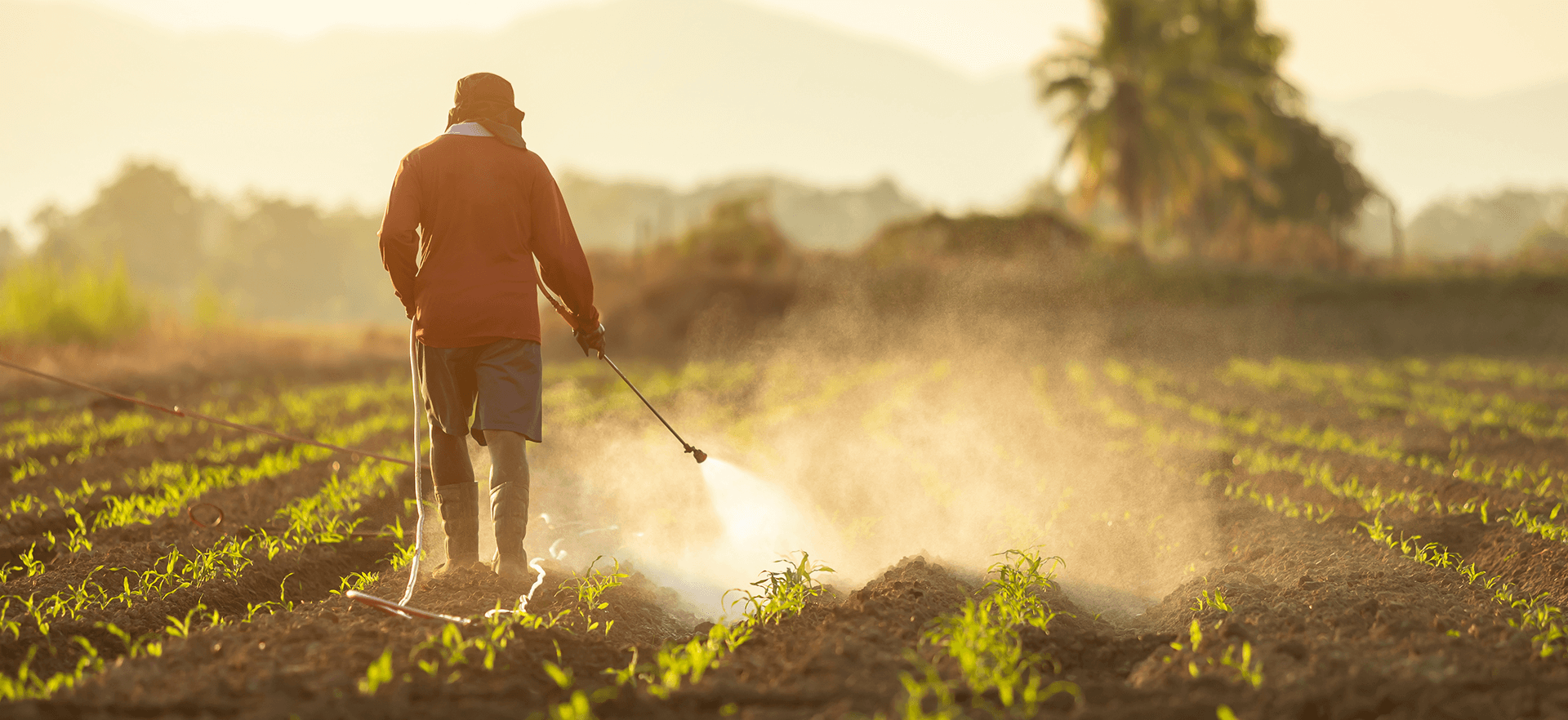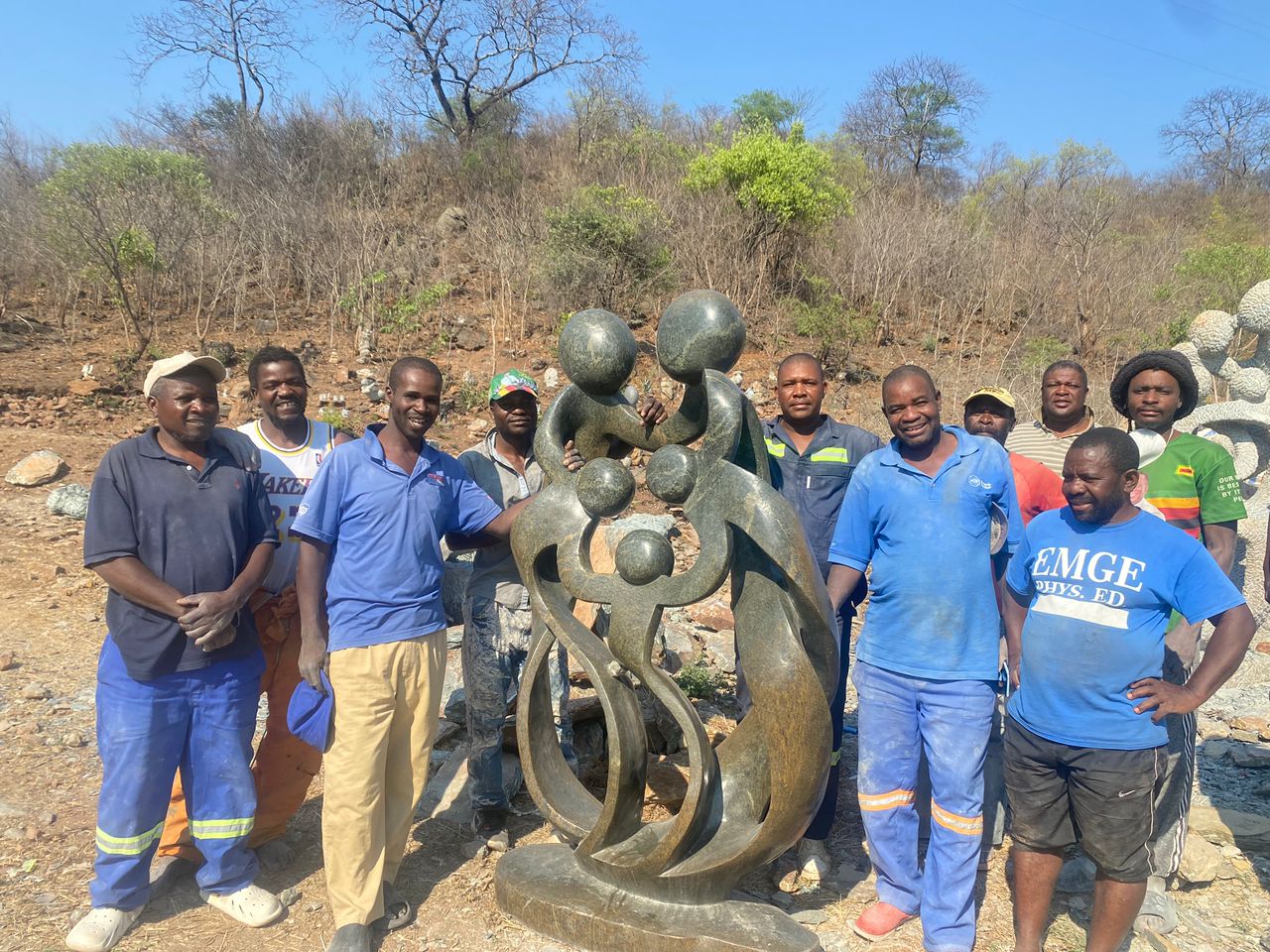By William Gaviyau
ZIMTRADE RECENTLY participated at the 4th Türkiye Africa Business and Economic Forum held in Istanbul, Turkey from 19 to 21 October 2023.
The forum was organised by the Foreign Economic Relations Board of Turkey (DEIK) and brought together more than 3,000 businesspeople, policymakers, and experts from Türkiye and 54 African countries.
The aim of the forum was to strengthen the economic ties between Türkiye and Africa and to explore new opportunities for trade and investment.
The participation of ZimTrade, and four private sector companies was led by the Ministry of Foreign Affairs and International Trade.
Thus, the forum reaffirmed the commitment of Zimbabwe and Türkiye to enhance their bilateral and multilateral relations, based on mutual respect, trust, and solidarity.
Zimbabwe looks forward to further strengthening its ties with Türkiye and the rest of the African continent, in pursuit of sustainable development and shared prosperity.
Business engagements
In line with ZimTrade`s mandate to grow trade between the two countries, a series of B2B meetings with various Turkish companies were conducted, with results showing potential for Zimbabwean products to penetrate the market.
Buyers indicated interest to source from Zimbabwe, with special focus on sectors such as agriculture, mining, construction, and energy among others.
The business engagements also provided an opportunity for ZimTrade to showcase the products and services of Zimbabwean exporters, as well as to explore new markets and opportunities in Türkiye and beyond.
Some of the products showcased to potential buyers include the coffee, produced in Manicaland.
As buyers tasted the product, they noted that it has higher quality compared to some products coming from Africa, indicating potential for Zimbabwean processed foods to perform well in the market.
The coffee samples attracted interest of several Turkish roasters and distributors, who expressed their willingness to explore further business opportunities with Zimbabwean coffee producers.
One of the roasters aptly said, “We are impressed by the quality and variety of Zimbabwean products and services.
“We see a lot of potential for mutually beneficial partnerships with Zimbabwean companies in various sectors.
“We hope to continue the dialogue and follow up on the opportunities that emerged from this forum”.
Currently, the import bill of coffee in Türkiye is US$413 million, up from the US$232.670 million recorded in 2021 which is 77.5 percent increase, according to Trade Map.
Most of the imports are sourced from Brazil, India and Netherlands with Uganda and Ethiopia the only Africa countries in the top ten.
Zimbabwean companies looking to penetrate the coffee market must ensure they meet issues on food safety, quality, and environmental impact and social responsibility.
Focus should be on applying good agricultural practices to reduce the presence of food contaminants, as the risk of contamination of any kind can be prevented by better growing, drying, processing and storage practices.
Mould is another important reason for coffee border rejections.
Ochratoxin A (OTA) levels, which are found on green coffee beans, are a specific point of attention.
OTA contamination can be caused during production (picking of overripe cherries), post-harvest practices (bad fermentation) and during transportation in humid / leaky containers or storage in badly ventilated warehouses.
The best strategy to address food safety as a producer is to follow good agricultural practices.
Buyers may require producers to meet the main standards of Global G.A.P.
They are standards for the certification of agricultural production processes that provide safe and traceable products.
Global G.A.P. has a special green coffee standard, which covers production from pre-harvest activities such as soil management and plant protection product application to post-harvest handling and waste management.
With Türkiye, the demand for coffee is massive as some of the buyers are traders who can distribute the product to other markets in Europe and Middle East.
